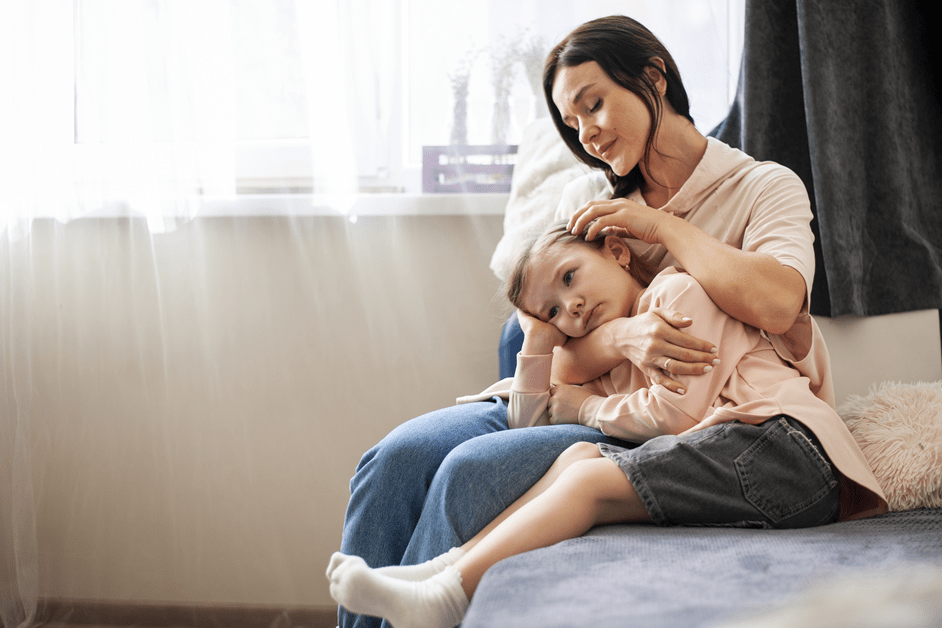What are febrile convulsions?
A fever can cause febrile convulsions in your child. These types of convulsions are age-specific, occurring in infants as young as 6 months and children up to 5 years old. Febrile convulsions are most common between 12 and 18 months of age, but they are usually harmless and rarely have any lasting effects on your little one.
Did you know? About two percent of kids under the age of six will have at least one and they are slightly more likely to happen in boys than girls.
Did you know? About two percent of kids under the age of six will have at least one and they are slightly more likely to happen in boys than girls.
Common indicators of febrile convulsions
Signs and symptoms of a febrile convulsion can be alarming for parents, but it is important to be aware of them.
If your child is exhibiting any of these symptoms, it is important to seek medical attention immediately.Possible causes of febrile convulsions
Based on research, febrile convulsions are most commonly triggered by a fever caused by a viral infection. These convulsions typically occur during the first day of an illness, when the child's temperature rises to at least 100.4°F (38°C). In some cases, a child may experience convulsions before developing a fever.
- Shaking: Your child may experience uncontrolled muscle movements on one or both sides of their body, which can manifest as shaking, stiffening, or tensing up.
- Loss of consciousness: Your child may pass out or their eyes may roll back, and this can occur with or without shaking.
- Loss of control: Your child may vomit, drool, urinate, or defecate.
If your child is exhibiting any of these symptoms, it is important to seek medical attention immediately.Possible causes of febrile convulsions
Based on research, febrile convulsions are most commonly triggered by a fever caused by a viral infection. These convulsions typically occur during the first day of an illness, when the child's temperature rises to at least 100.4°F (38°C). In some cases, a child may experience convulsions before developing a fever.
Common infections that can cause febrile convulsions include:
- Chickenpox
- Coronavirus (COVID-19)
- Ear infections
- Encephalitis
- Influenza
- Malaria (in certain regions)
- Meningitis
- Stomach flu (gastroenteritis)
- Strep throat, tonsillitis
- Upper respiratory infections.
What can you do at home to treat your child
Always remember that you should never attempt to treat your child's first-time febrile convulsion at home. Immediate medical care is essential to ensure that it is not a different type of convulsion or a severe infection such as meningitis or encephalitis, both of which can be life-threatening.
However, here are some general guidelines to keep in mind;
However, here are some general guidelines to keep in mind;
- Remain as calm as possible: Seeing your child having a convulsion can be incredibly frightening and it is easy to become overwhelmed with panic and stress. However, it is important to stay as composed as you can.
- Keep track of the time: Note how long the convulsion lasts. If it continues for five minutes or more and does not slow down or stop, you should immediately call for emergency medical assistance.
- Gently lay your child down on the floor: Do not place them on a table or bed as their movements may cause them to fall, and do not try to hold them in your arms or restrain them as this could result in injury.
- Position them in the rescue position: Place your child on their left side with their lower arm stretched out, which will act as a cushion for their head. This will help prevent them from choking on saliva or vomit.
- Do not put anything in their mouth: This could lead to injury for both you and your child.
- If your child has experienced a febrile convulsion before.
- If your child takes an hour or more to return to their normal state after a febrile convulsion.
If your child has a history of febrile convulsions, your paediatrician can provide the best advice on how to manage these episodes. They can also inform you of any warning signs that may indicate your child needs medical attention.
Febrile convulsions can be alarming, especially if your child has never experienced one before. Fortunately, most febrile convulsions are brief and children typically make a full recovery without any long-term consequences. If you have any queries or worries, it is best to consult your child's paediatrician so they can help you comprehend the risks, as well as put your mind at ease and show you how to administer seizure first aid, so you can be prepared if your child has a febrile seizure in the future.

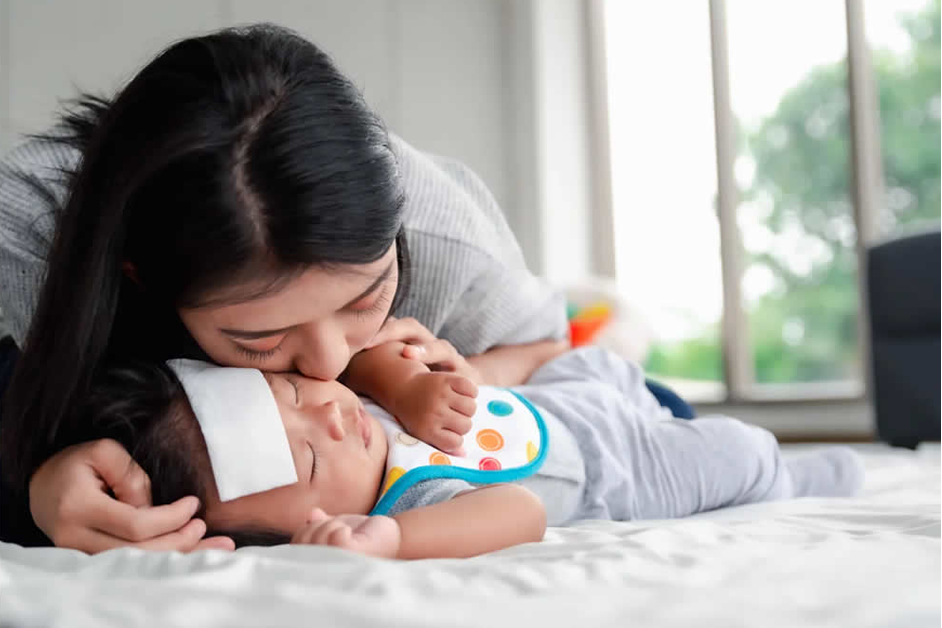
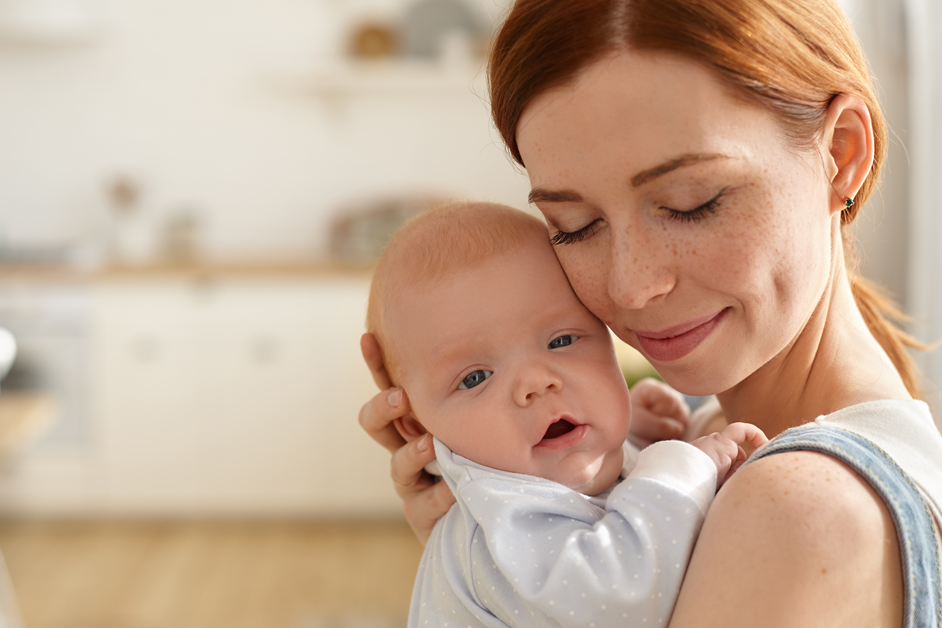
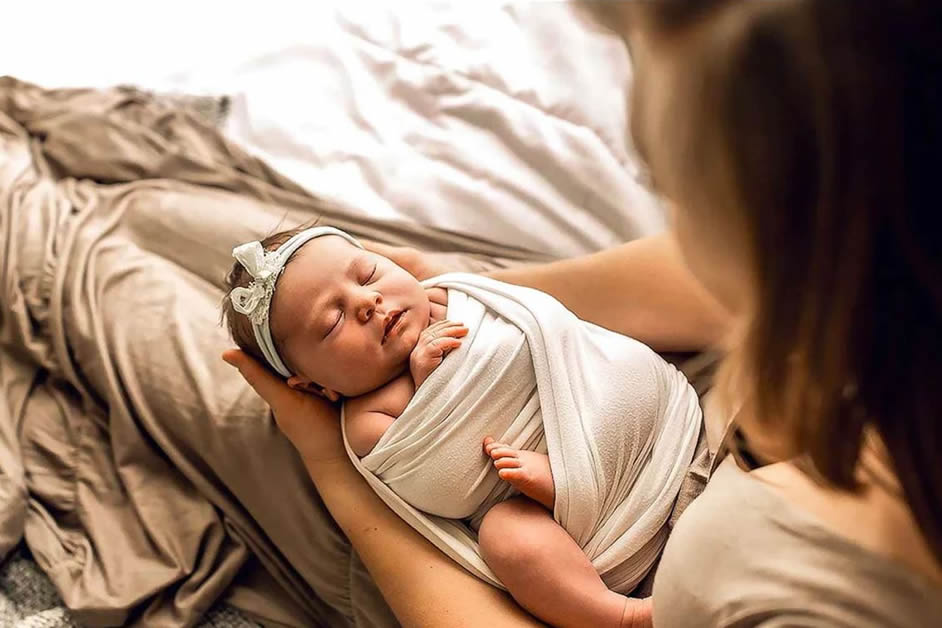
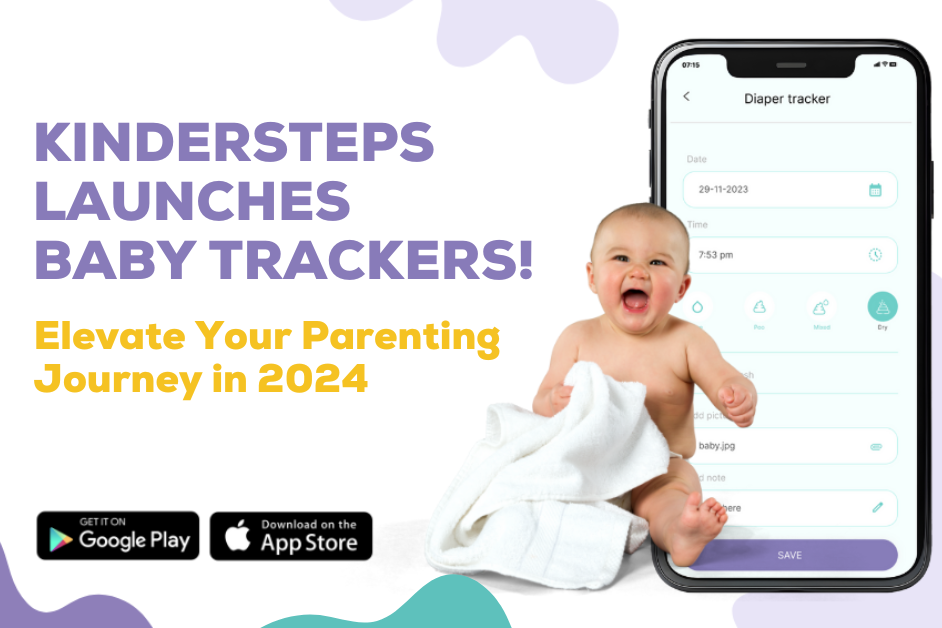
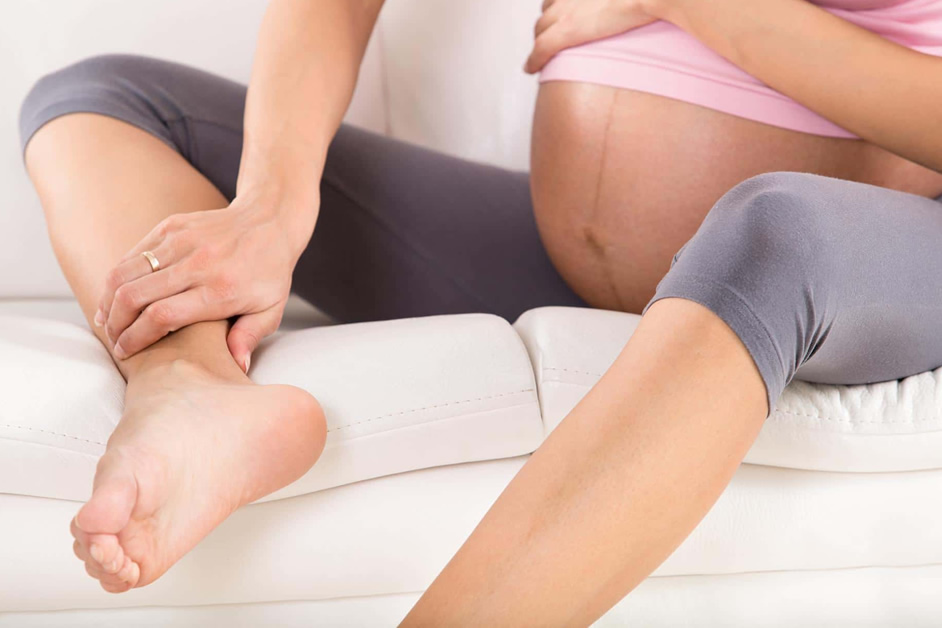
.jpg?alt=media&token=166b64a9-274c-400c-95e4-baf0013e7e43)
